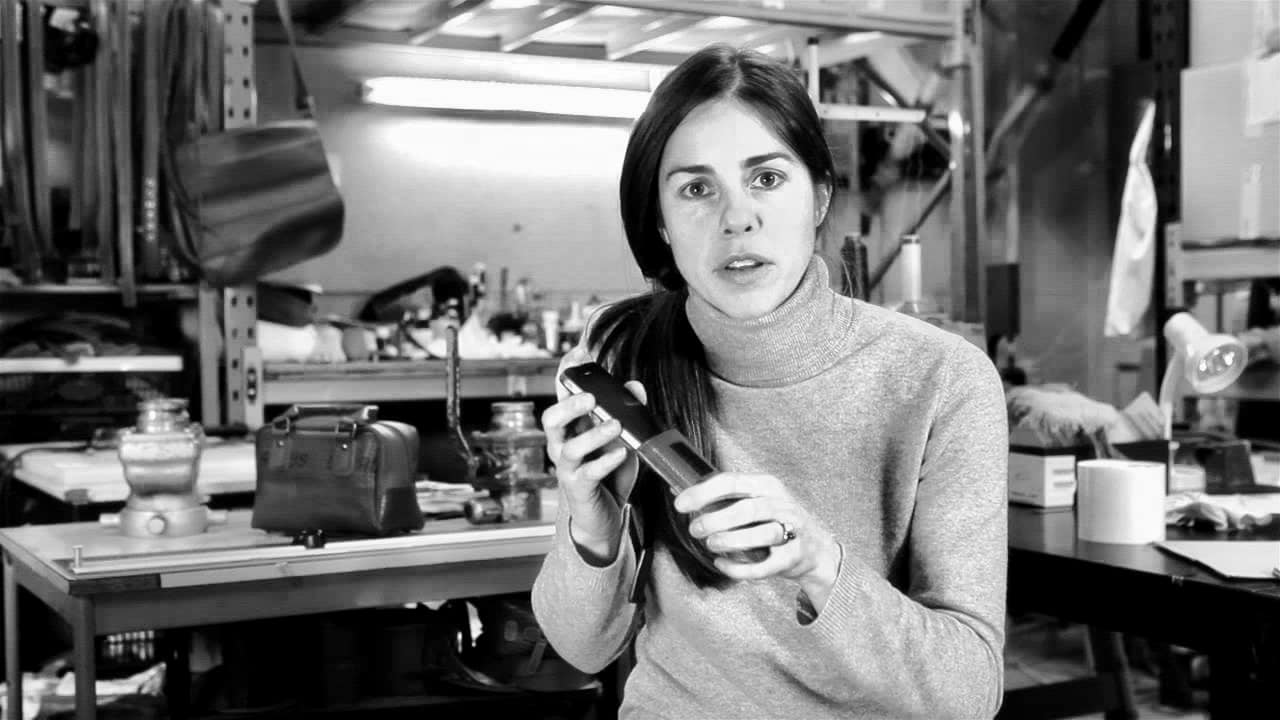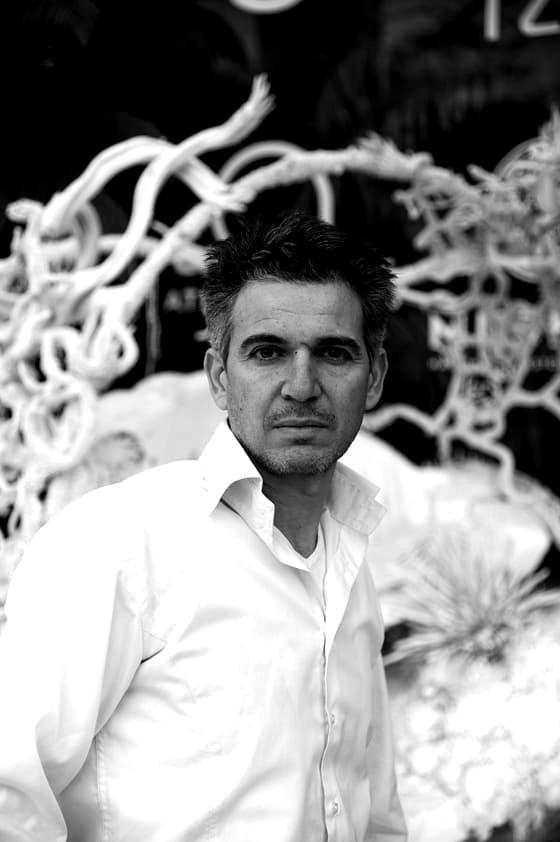
Early in the stories of successful entrepreneurs, pluck and luck (the formula popularized by Horatio Alger’s “rags-to-riches” novels of the latter 19th century) sometimes combine to ignite a catalytic spark. For most entrepreneurs, though, crafting a sustainable new venture also demands learning to apply the right incubation skills and tools at the right times.

Founders nurturing their startups through incubation shouldn’t confuse social intelligence, also known as emotional intelligence (EI), for charisma—a trait often associated with storytellers like Virgin Group’s Sir Richard Branson and the late Steve Jobs of Apple. Mustering persistence and patience, byproducts of emotional maturity, helps more than charm.

Audiences quickly forgave the young Romani guitarist’s frequent late arrival at concerts. His arpeggios, decomposed chords performed at breakneck speed, fluttered with the grace of hummingbirds. Phrasing, tempos, melodic variations and a stream of chromatic ornaments varied each time the virtuoso “Django” strummed a tune.

Elvis & Kresse, a British maker of leather goods, loves scrap. Co-founded by an entrepreneurial couple in 2005, it has built a profitable and socially-responsible business by transforming tens of tons of fire hoses decommissioned by Fire Brigades across the UK each year into luxury products for consumers.

If early adopters of a radically new product ideally include tastemakers, a designer of creative textiles, clothing accessories and jewelry couldn’t aim higher than Dior, Givenchy, Chanel and Armani. Israeli artisan-entrepreneur Tzuri Gueta counts all these giants of high fashion among his promoters.

The first woman to have sailed single-handed around the world, France’s Isabelle Autissier applied an unorthodox strategy to slingshot to the head of the next edition of the 27,000-mile ocean race four years later. But after taking a commanding lead, an unexpected event in the Indian Ocean forced her to hastily reconfigure her boat and resize her ambitions.
- 1
- 2